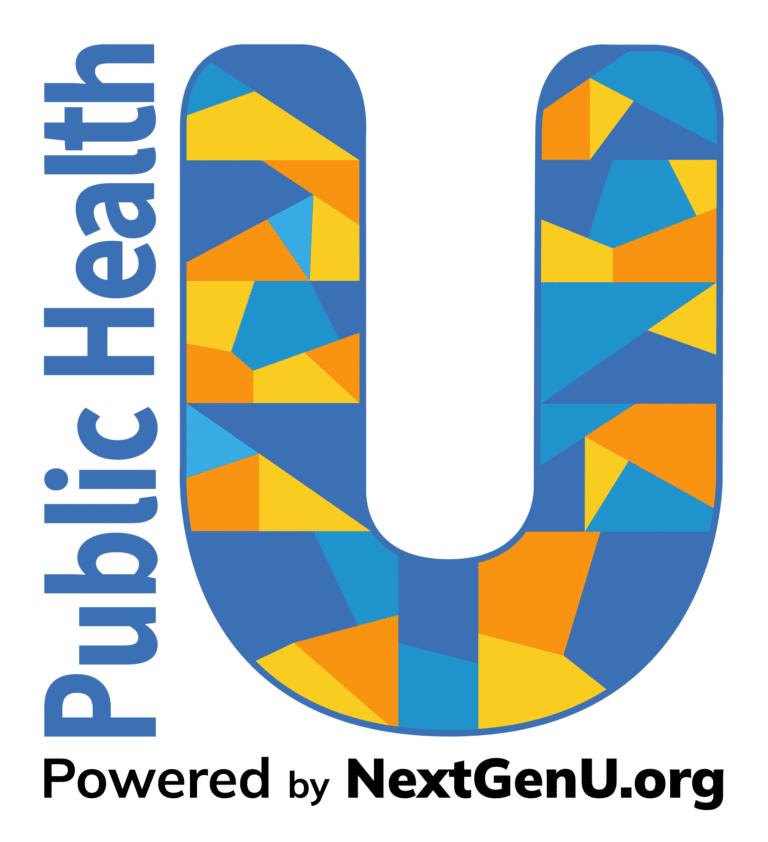The Urgent Intersection of Climate and Health
Climate change is more than an environmental issue; it is a critical public health concern that affects communities worldwide. As global temperatures rise, we are witnessing an increase in extreme weather events, shifts in disease patterns, and threats to food and water security (Bell et al., 2018). Mojahed et al. (2022) affirm that these changes have profound implications for human health, exacerbating respiratory diseases and increasing the spread of vector-borne illnesses. Public health professionals are on the front lines, tasked with understanding, mitigating, and adapting to these complex challenges.
The link between climate change and public health is undeniable and multifaceted. Heat waves lead to increased mortality, especially among vulnerable populations. Changes in precipitation patterns affect water quality and availability, impacting sanitation and hydration. Rising temperatures expand the habitats of disease-carrying insects, potentially exposing new populations to threats like Malaria, Dengue, and Zika virus (Caminade et al., 2019). Moreover, climate-related disruptions to agriculture can lead to food insecurity and malnutrition. As these issues intensify, the need for public health experts who understand the climate-health nexus becomes increasingly urgent.

Why Our Course Matters
Public Health U recognizes the profound and far-reaching impacts of climate change on public health and is committed to addressing this critical gap in education. Understanding the urgent need for healthcare professionals who are prepared to tackle these complex challenges, we are proud to introduce our new course “Climate Change and Public Health,” as part of our Master of Public Health (MPH) offering.
This timely elective is meticulously designed to equip future health leaders with the comprehensive knowledge and practical skills necessary to navigate and mitigate the health consequences of climate change. Through this course, students will explore the intricate relationships between climate change, environmental health, and population well-being.
Participants will gain a deep understanding of key topics such as:
- The science of climate change and its direct and indirect impacts on public health.
- Strategies for climate change mitigation and adaptation in healthcare settings.
- The role of policy, advocacy, and community engagement in promoting climate resilience.

Join the Climate Health Revolution!
Public Health U is dedicated to fostering a generation of health professionals who are not only aware of the environmental determinants of health but are also equipped to be proactive agents of change in the face of global environmental challenges. We believe that the health of our planet is intrinsically linked to the health of our people. By embracing this holistic approach, we reaffirm our commitment to preparing our students to be public health leaders who can make well-informed decisions that influence and shape global, regional, and national responses to climate change, thereby making a tangible impact on public health outcomes.
References
Bell, J. E., Brown, C. L., Conlon, K., Herring, S., Kunkel, K. E., Lawrimore, J., Luber, G., Schreck, C., Smith, A., & Uejio, C. (2018 ). Changes in extreme events and the potential impacts on human health. Journal of the Air & Waste Management Association, 68(4), 265-287. doi: https://doi.org/10.1080/10962247.2017.1401017
Caminade, C., McIntyre, K. M., & Jones, A. E. (2019). Impact of recent and future climate change on vector-borne diseases. Annals of the New York Academy of Sciences, 1436(1), 157-173. doi: https://doi.org/10.1111/nyas.13950
Mojahed, N., Mohammadkhani, M.A. and Mohamadkhani, A. (2022) Climate crises and developing vector-borne diseases: A narrative review. Iranian Journal of Public Health, 51(12), 2664-2673. doi: https://doi.org/10.18502/ijph.v51i12.11457
Reisha Narine
Author
